Book Set “Check your English vocabulary” by Rawdon Wyatt
The Book Set “Check Your English Vocabulary” is a collection of books by the author Rawdon Wyatt for English learners who want to conquer the IELTS/TOEFL exam in particular. As we all know, improving vocabulary is one of the indispensable aspects of the TOEFL/IELTS exam, especially how we use the vocabulary in the most flexible and effective way.
This book is for beginners of the exams such as IELTS, TOEFL, … or simply to improve vocabulary for work in various fields such as finance, medicine, information technology, study abroad, …

Book Set “Check your English vocabulary” by Rawdon Wyatt
This volume includes collections:
- Check your vocabulary for Academic English
- Check your vocabulary for Banking and Finance
- Check your vocabulary for Business and Administration
- Check your vocabulary for Computer and Information Technology
- Check your vocabulary for FCE+
- Check your vocabulary for Human Resources
- Check your vocabulary for IELTS
- Check your vocabulary for Law
- Check your vocabulary for Leisure, Travel, and Tourism
- Check your vocabulary for Living in the UK
- Check your vocabulary for TOEFL
- Check your vocabulary for Medicine
- Check your vocabulary for Phrasal Verbs and Idioms
- Check your vocabulary for TOEIC
The special is that the “Check your English Vocabulary” Book Set gives readers a new, fun, and exciting approach to vocabulary through small quizzes, puzzles, games … So, learning vocabulary has become more enjoyable and memorable than ever.
How to conquer vocabulary
Tips 1: How to learn vocabulary very effectively is that you write vocabulary on a paper (about 5-10 words), write out next.
Step 1. You look at the meaning of the word and then write down next to words in English turn to the number of words you want to learn.
Step 2. You look at the English words to the Vietnamese side next to the same number of words you want to learn
Step 3. You cover all English words with a piece of paper or anything. You try to remember English words based on its Vietnamese meaning. If you can not remember, you can flip the cover to see the English word and write it on the side. You do it all with the words you need to learn.
Step 4. Similar to step 3, you cover the Vietnamese words of the words you want to learn. Then you try to remember the English words and write them on the side. You repeat steps 3 and 4 repeatedly until you see the word guessing out and seeing means guessing out the word you have succeeded.
The principle of this method is that when you write that action it makes your brain transfer information from the eye through the brain to the handwriting, and then your brain has to remember that word for a while. certain time. Repeat this so many times, your brain will remember for a longer time and you will remember the word too long.
Tip 2: Use stick pointer to learn English
Experiment 2: You buy sticky notes that you can write in the English word of whatever is on your desk as well as in your home and you stick it there. Then when you do not have the intention to learn English vocabulary, but when you see those items, the English word is displayed when you have learned one more time since. So you will gradually from that.
The principle of this method is to repeat an action, an image, you will remember longer and more intuitive.
Tip 3: Learn vocabulary with A4 paper cut into small pieces
Take A4 paper cut into small pieces (small to you) to ensure you have enough meaning of a word in English and its meaning. You write the word English on the one hand, the other you write the meaning of it. You take the paper with English words that follow you when you sit up to open the view is also a very effective way. This method is also called Flash Cards.
Tip 4: Read and listen to English regularly on a variety of topics
Read and listen to English regularly on a variety of topics. Then you will meet new words, write them down and try to read and listen to them repeatedly until you understand what the content of the reading and listening is. Each time, your vocabulary will be added.
Tip 5: Learn vocabulary by learning words of the same meaning, related words, synonyms
Example: You want to learn from the Act you can find what is the noun of it Action, its adjective is Active, from the original meaning you will write a few more words related to the original.
There are a few vocabulary learning methods, such as Crosswords, Hangman, but these are 5 very effective vocabulary learning experiences. You can choose the appropriate method or you can apply all the methods. at times and circumstances.

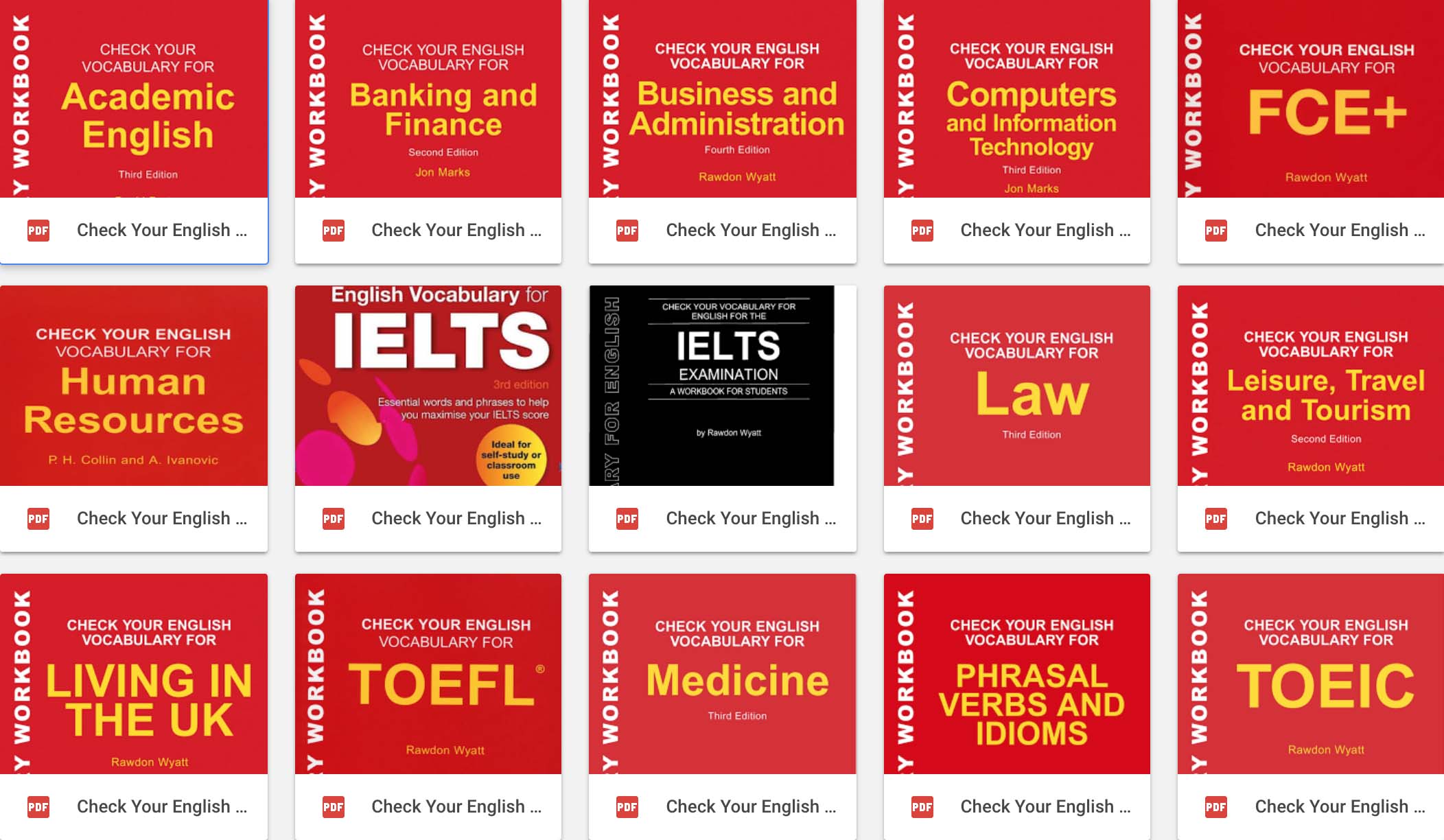
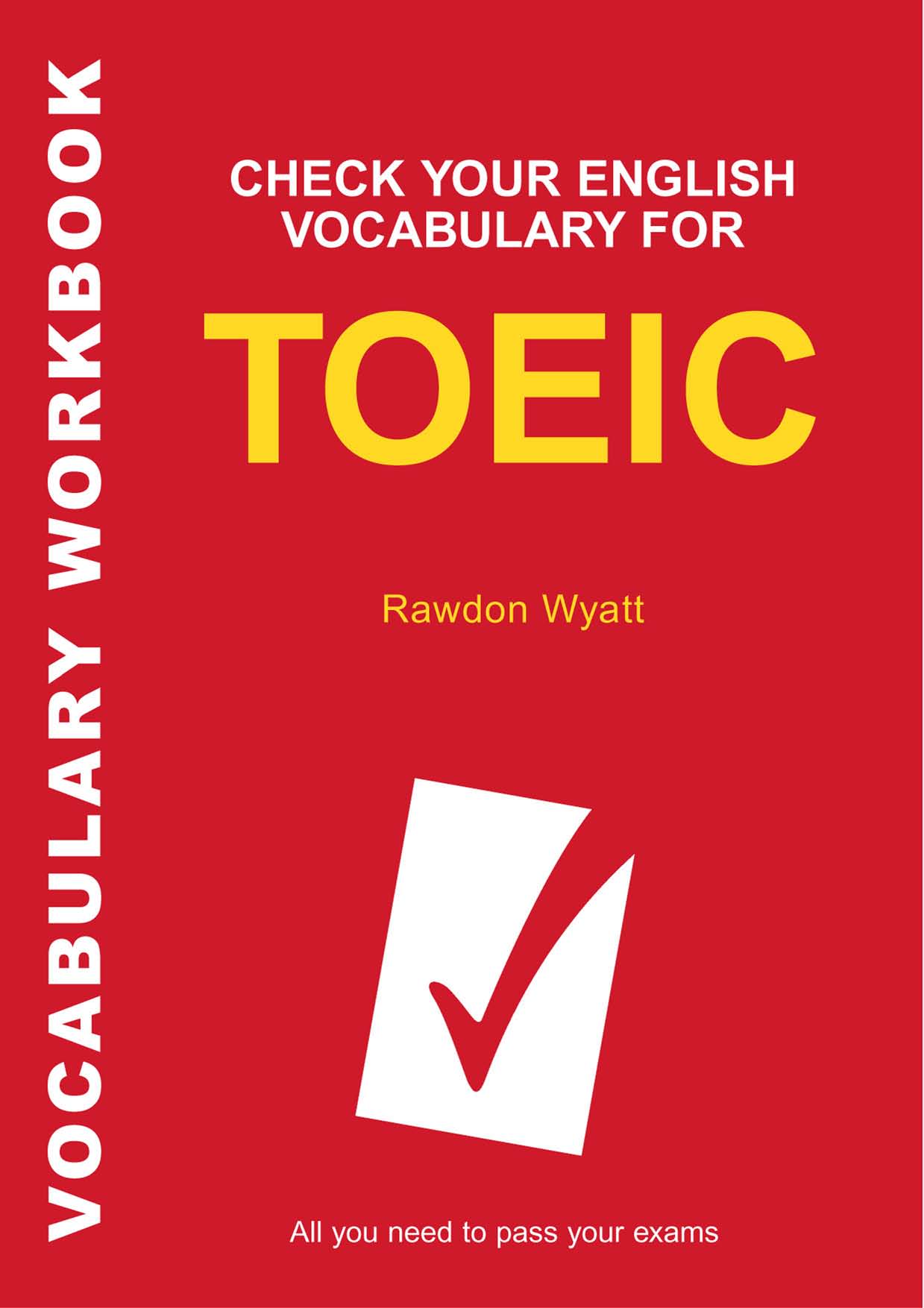

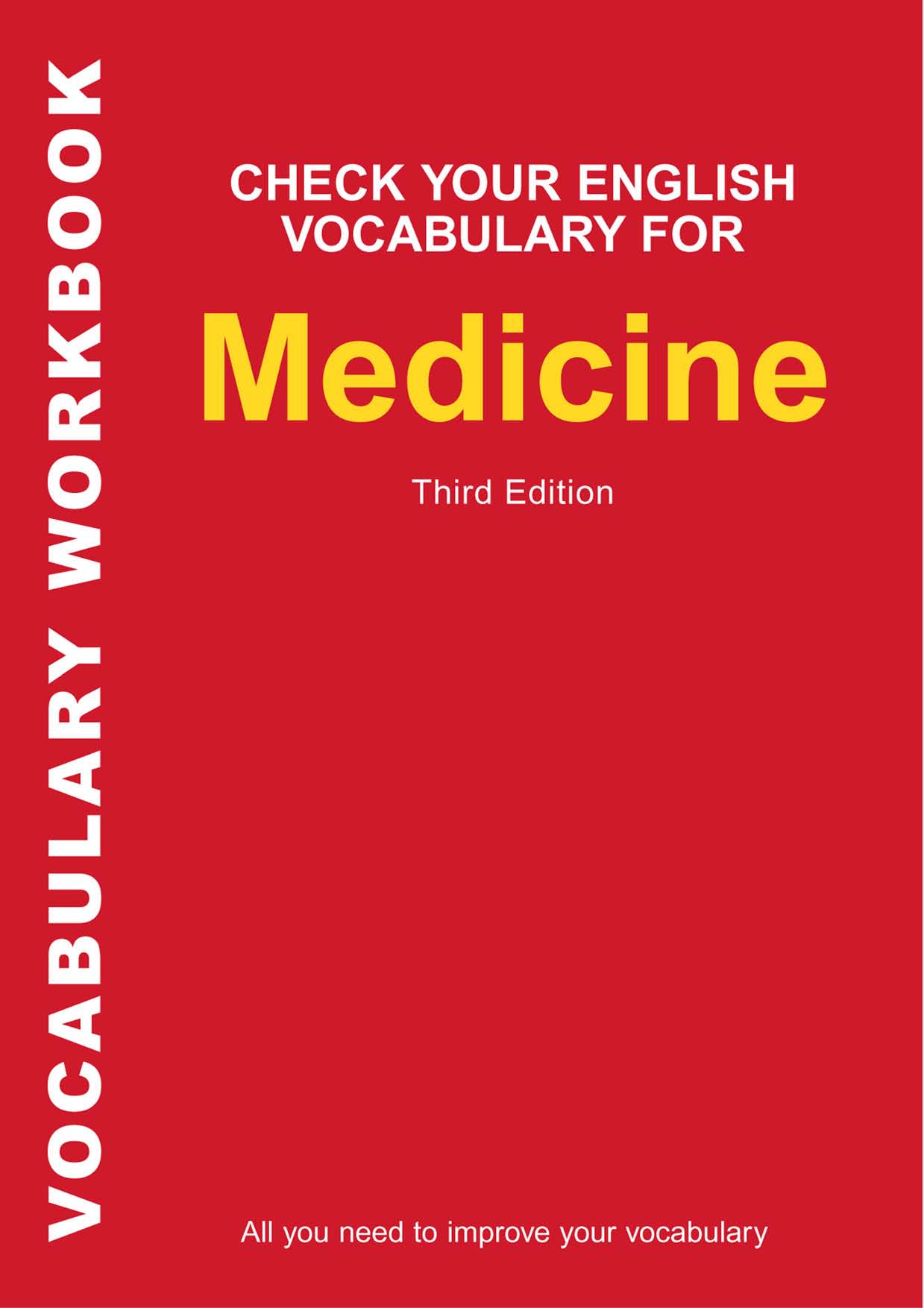

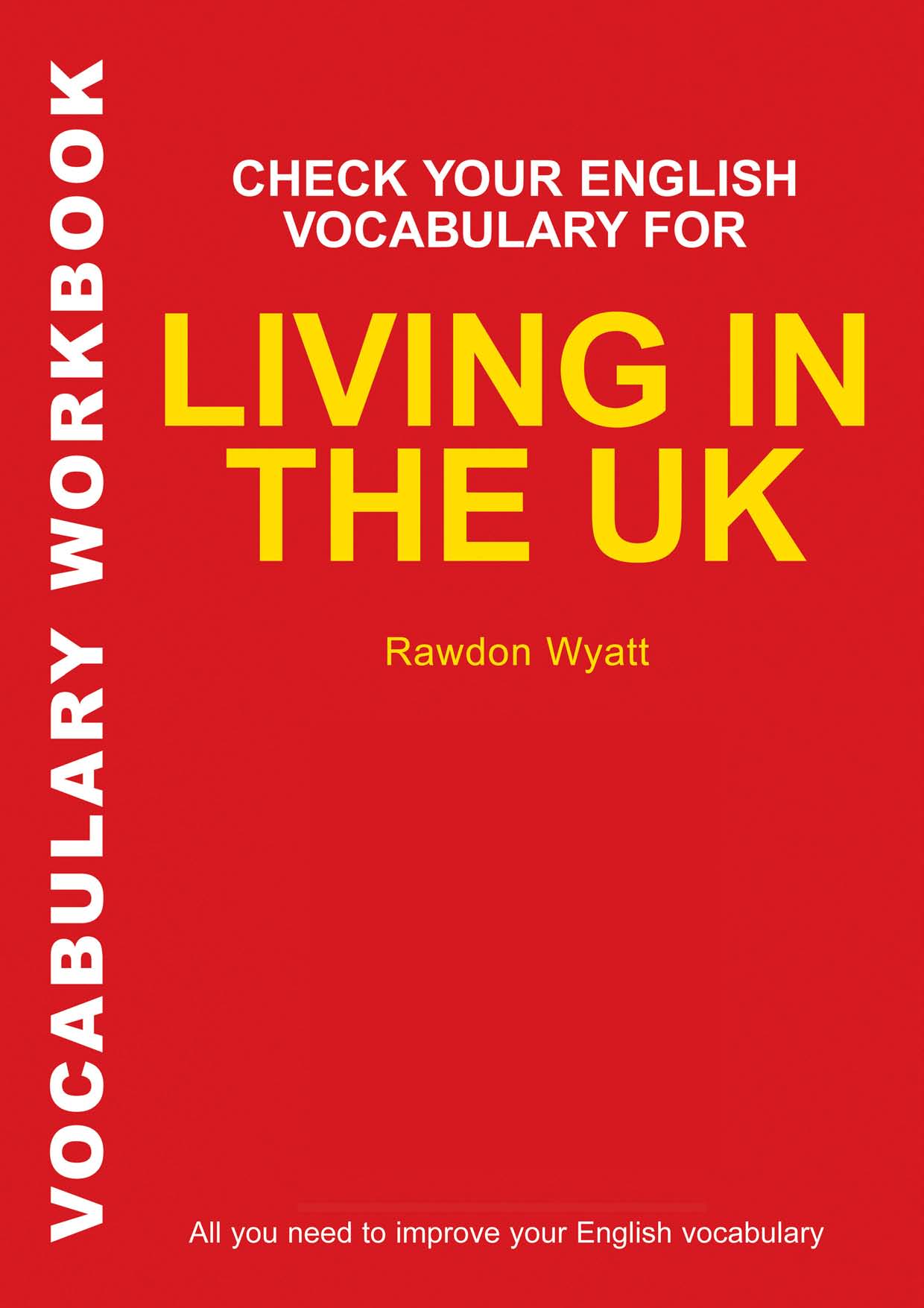

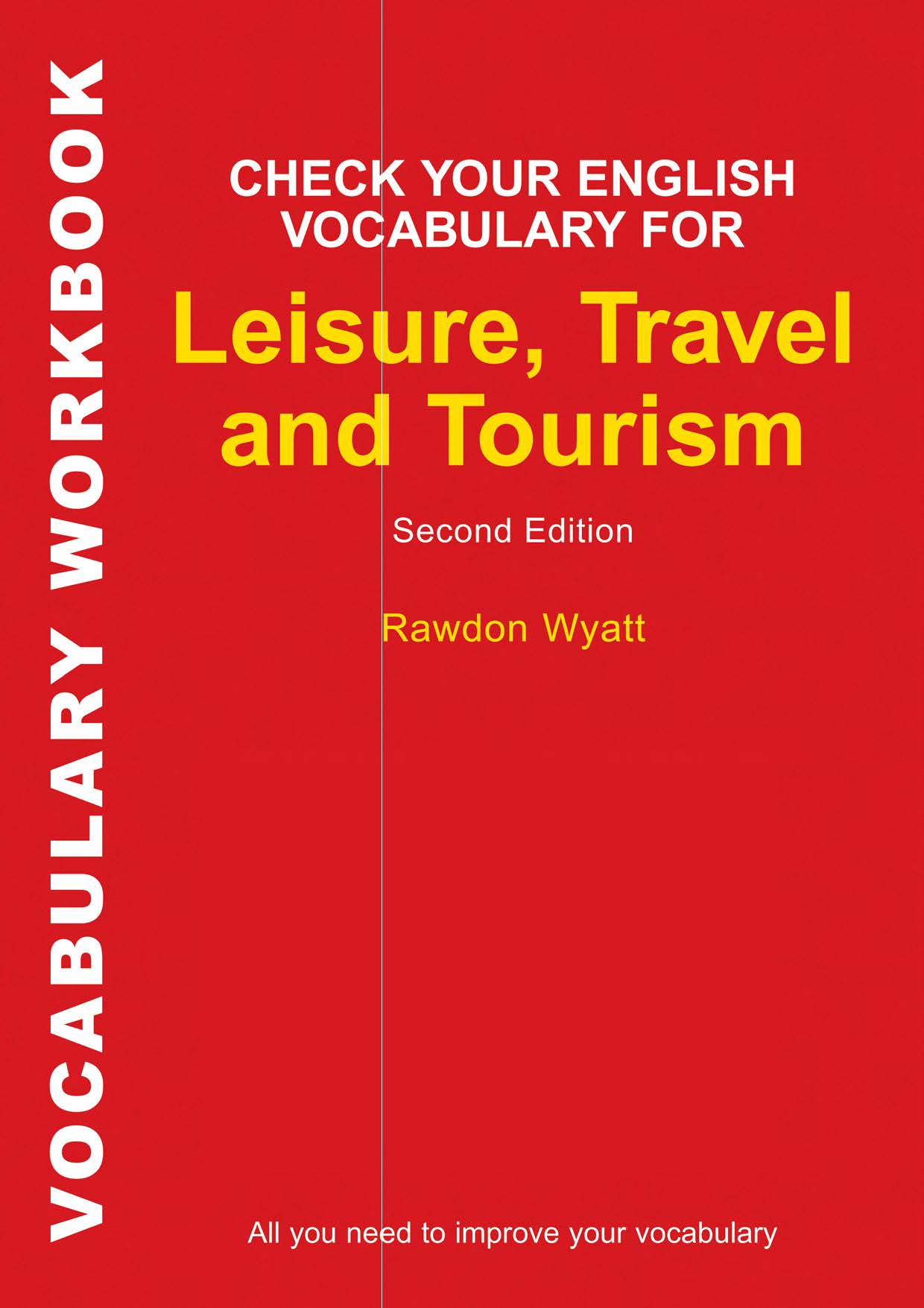

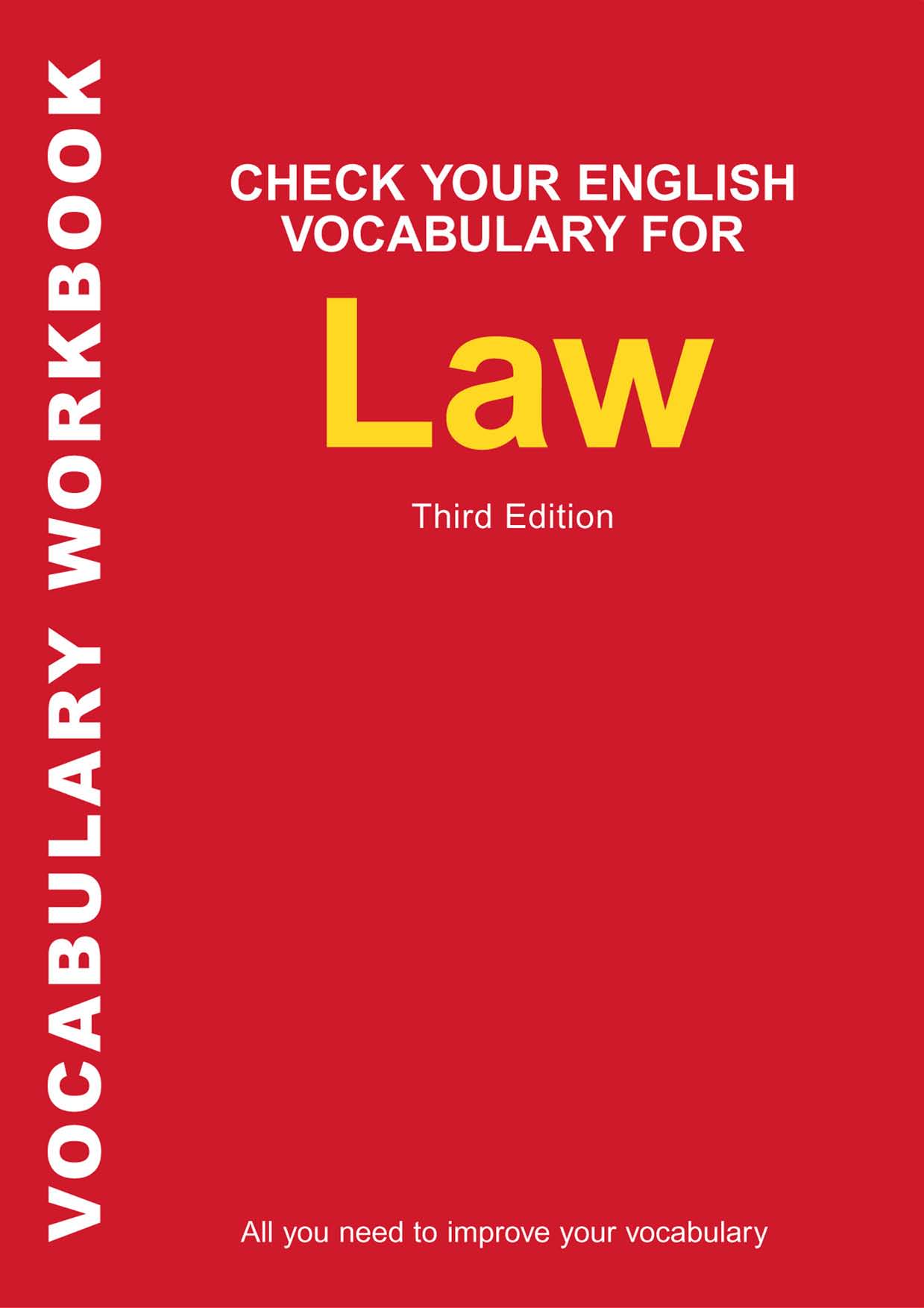

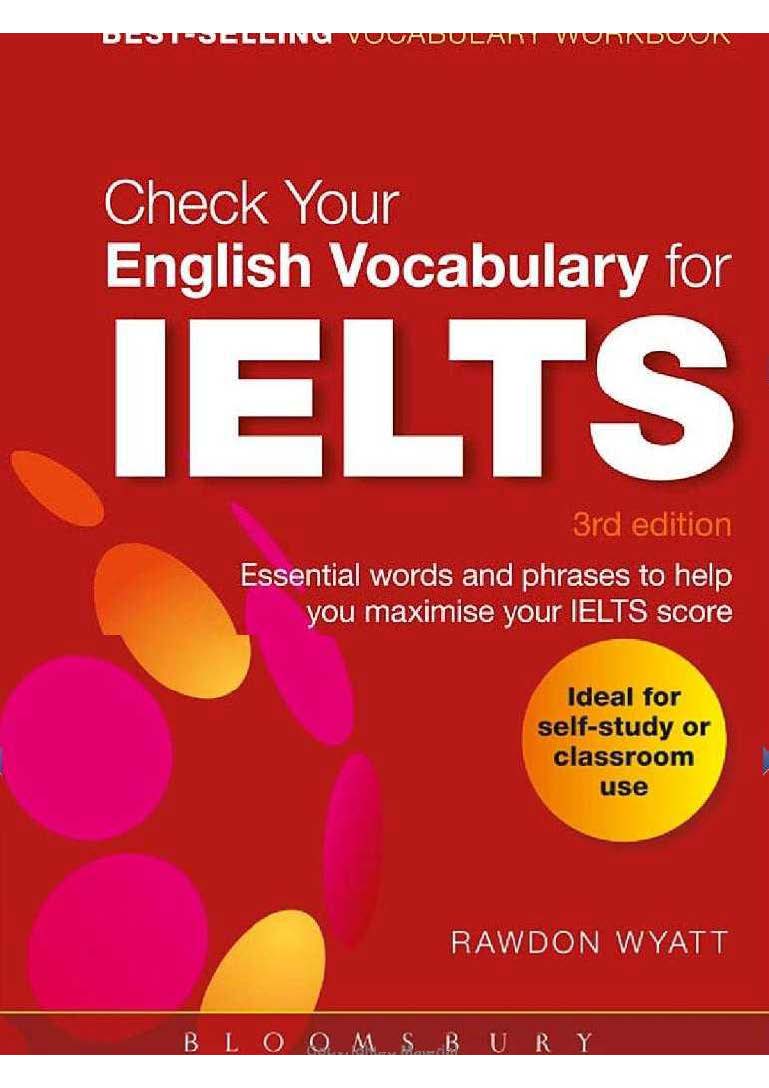

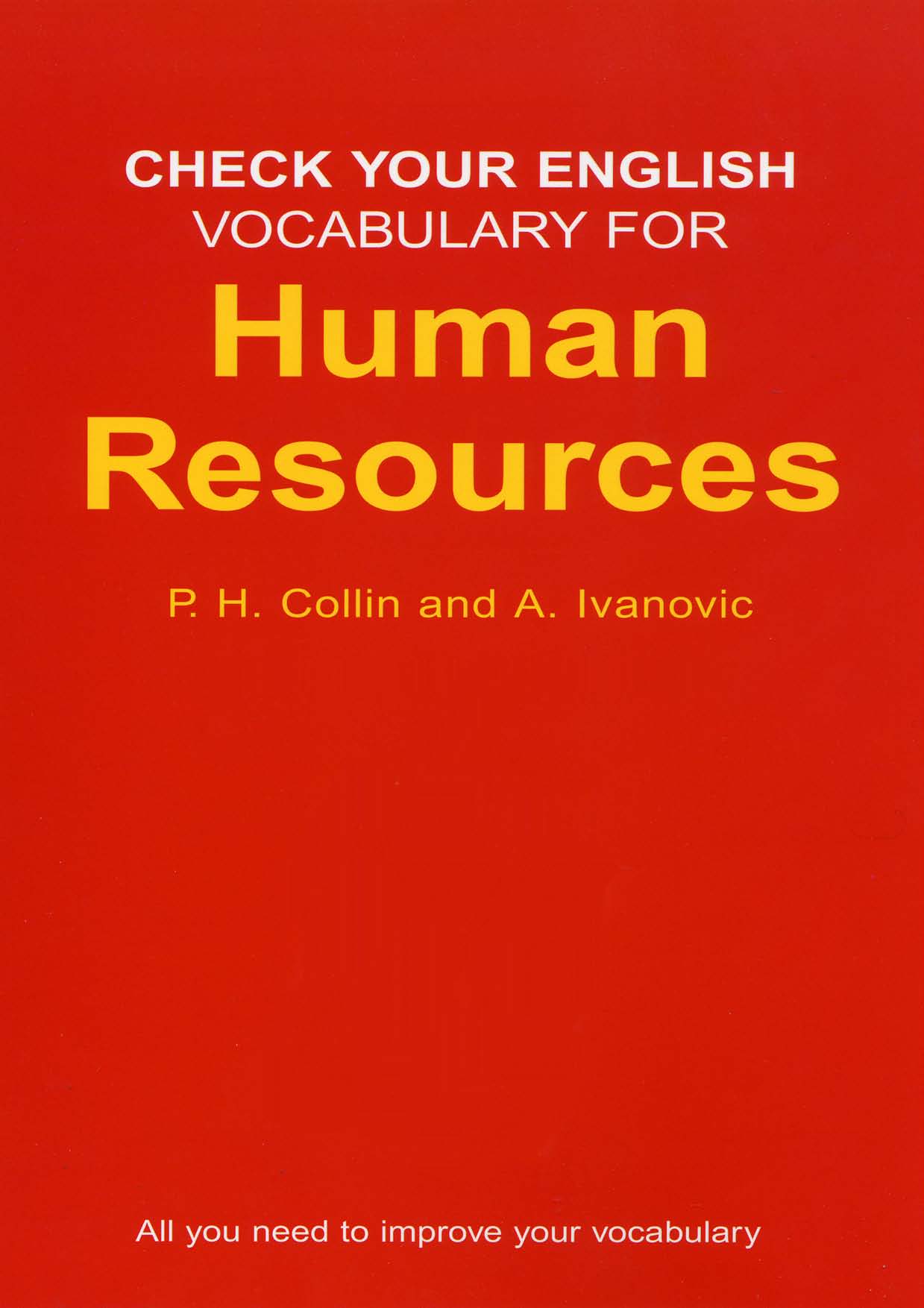

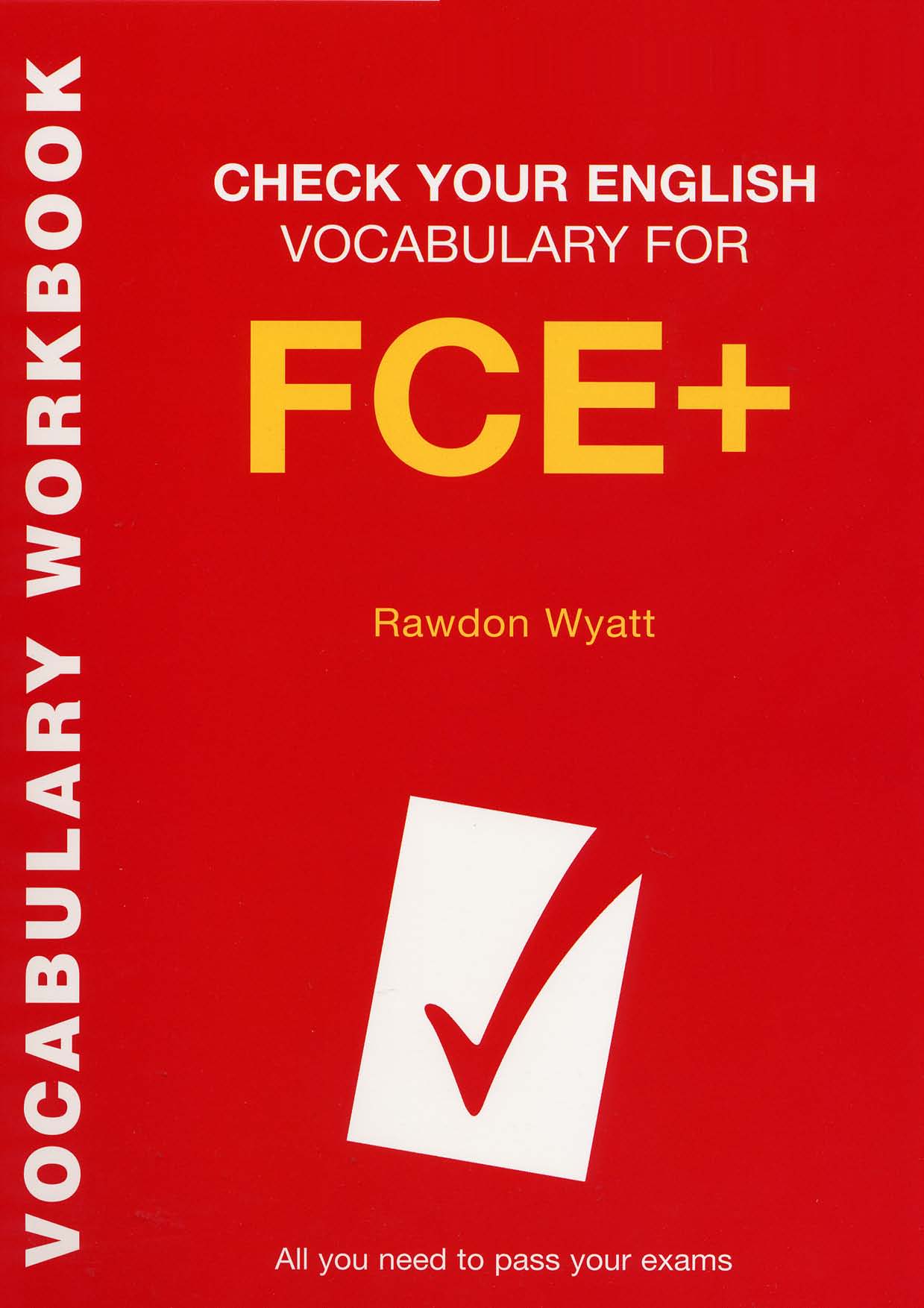

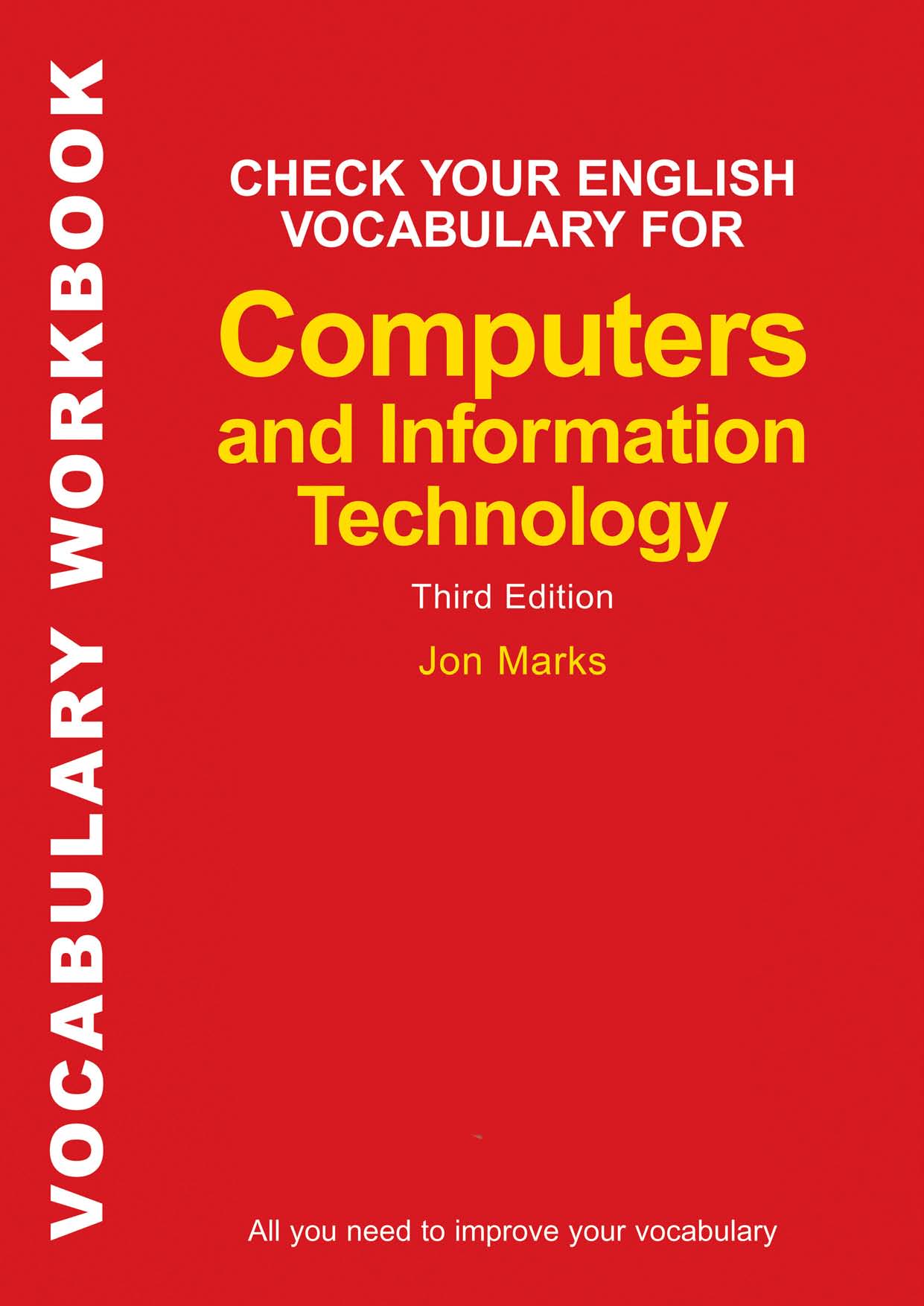

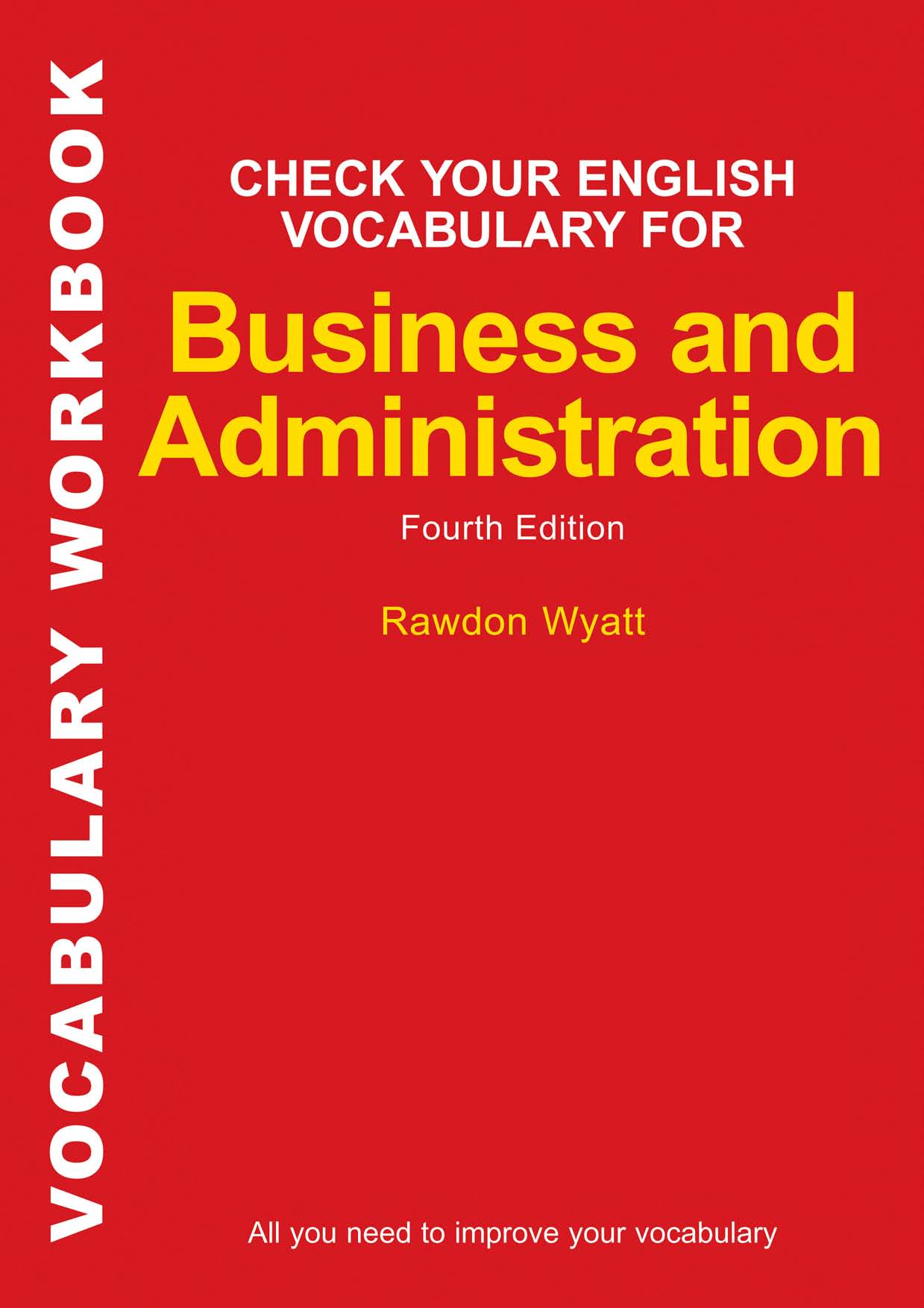

![Hi, I'm Julie Andrews, the founder of IELTSMaterial.com and the author of the Ebook titled IELTS Speaking Actual Tests (January - April 2018) & Suggested Answers. You are one of 1000 IELTS learners to get this ebook. Congratulations! Now, can't keep you waiting any longer! Please find attached below: [Ebook] IELTS Speaking Actual Tests & Suggested Answers (January - April 2018) The updated version of this Ebook will be sent to your email if there is any change in the Speaking topics used for the IELTS Speaking test from January to April 2018. Free bonuses: [Ebook] IELTS Writing Recent Actual Tests in 2015, 2016, 2017 (Task 2) and Sample Answers (Ebook) 100 IELTS Speaking Recent Actual Tests (Part 2) in 2015, 2016, 2017 and Suggested Answers [Ebook] IELTS Reading Recent Actual Tests in 2016, 2017 with Answers [Ebook] 10 Complete Practice Tests (compiled from the IELTS actual tests from different countries to help get yourself familiarized with the IELTS test & score higher in IELTS after going through them): https://goo.gl/3nrBqH Wish you all the best with your IELTS test!](https://ieltslibrary.com/wp-content/uploads/2018/03/Check-Your-English-Vocabulary-for-Banking-and-Finance_.jpg)
![Hi, I'm Julie Andrews, the founder of IELTSMaterial.com and the author of the Ebook titled IELTS Speaking Actual Tests (January - April 2018) & Suggested Answers. You are one of 1000 IELTS learners to get this ebook. Congratulations! Now, can't keep you waiting any longer! Please find attached below: [Ebook] IELTS Speaking Actual Tests & Suggested Answers (January - April 2018) The updated version of this Ebook will be sent to your email if there is any change in the Speaking topics used for the IELTS Speaking test from January to April 2018. Free bonuses: [Ebook] IELTS Writing Recent Actual Tests in 2015, 2016, 2017 (Task 2) and Sample Answers (Ebook) 100 IELTS Speaking Recent Actual Tests (Part 2) in 2015, 2016, 2017 and Suggested Answers [Ebook] IELTS Reading Recent Actual Tests in 2016, 2017 with Answers [Ebook] 10 Complete Practice Tests (compiled from the IELTS actual tests from different countries to help get yourself familiarized with the IELTS test & score higher in IELTS after going through them): https://goo.gl/3nrBqH Wish you all the best with your IELTS test!](https://i0.wp.com/wiki-study.com/wp-content/uploads/2018/03/Check-Your-English-Vocabulary-for-Banking-and-Finance_.jpg?resize=620%2C876&ssl=1)